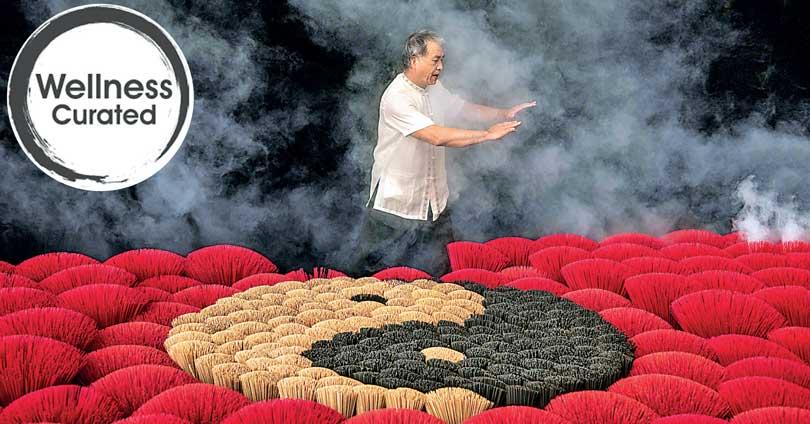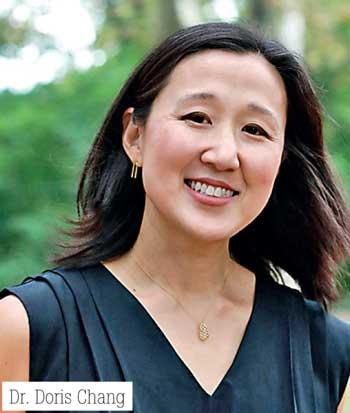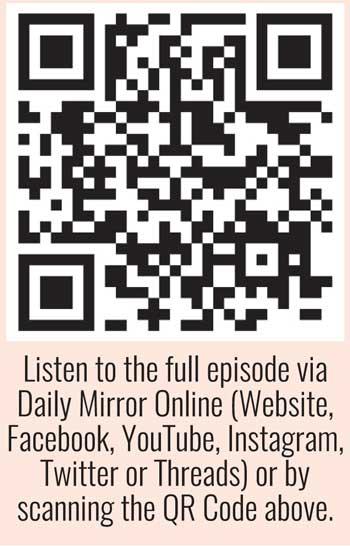Reply To:
Name - Reply Comment

 The ancient wisdom of Wu Wei, which is rooted in Taoism suggests that sometimes the most effective way to act is by not forcing action at all. My podcast and this article explain how to embrace the path of least resistance.
The ancient wisdom of Wu Wei, which is rooted in Taoism suggests that sometimes the most effective way to act is by not forcing action at all. My podcast and this article explain how to embrace the path of least resistance.
Legendary martial artist and actor Bruce Lee famously said: “Be like water making its way through cracks. Do not be assertive, but adjust to the object, and you shall find a way around or through it. If nothing within you stays rigid, outward things will disclose themselves. Empty your mind, be formless, shapeless, like water.” The constant push to be more and do more often leads to stress and burnout. But what if the key to a more fulfilling and productive life lies in doing less? This is the essence of Wu Wei, which is a central concept in the ancient Chinese philosophy of Taoism.
 What is Wu Wei?
What is Wu Wei?
Professor James Miller explained this concept beautifully in my podcast episode on Taoism. “Do we need to exert effort for an acorn to become an oak tree? No, it happens effortlessly through its own internal drive. This teaches us that instead of forcing outcomes, we should create conditions for natural growth and flourishing. Just as crops can't grow by overwatering or pulling them up, we must allow things to follow their course. The world is designed for growth and transformation, and by understanding this, we can align ourselves with this natural flow. This is the essence of Wu Wei,” said Prof. Miller who is the inaugural Professor of Humanities, Co-Director of the Humanities Research Center, and Chair of the Faculty Assembly at Duke Kunshan University in China. By aligning your actions with the natural flow of life, you can reduce stress and increase productivity in a way that feels nearly effortless. Research supports the benefits of Wu Wei-like practices. A study partly funded by National Institutes of Health (NIH) discovered that participants who engaged in regular meditation practices experienced increased grey matter density in the brain, associated with emotional regulation and stress reduction. The study shows that even short mindfulness meditation can change the brain's structure, specifically in the ventral PCC (posterior cingulate cortex), which is linked to self-awareness, emotions, thinking, and ageing.
"Wu Wei isn't about passively letting the world happen to us. It's about discerning difficult truths and realities that are frustrating and hard to accept. By recognising what we can and cannot change, we learn to focus our efforts on what is within our control and accept what is not," writes clinical psychologist Dr. Doris F. Chang, who is Associate Professor at the New York University Silver School of Social Work. She has developed a five-step process of Wu Wei. She adds, "The first step of Wu Wei is articulating your values and goals and intentions. There's a lot of science proving that when you set intentions, it helps you attain your goals. It also helps neurodivergent people with staying calm.” Instead of feeling pressured to achieve specific outcomes, broader intentions allow for flexibility and openness to unexpected opportunities.
 Wu Wei at Work
Wu Wei at Work
In the workplace, the pressure to constantly perform and outdo can be overwhelming. Adopting Wu Wei can transform our approach to work. Instead of trying to do everything at once, focus on prioritising and simplifying tasks. The late tech maverick Steve Jobs famously said, "Deciding what not to do is as important as deciding what to do." His approach reflects the Wu Wei mindset of selective action, where concentrating on what truly matters can lead to better results without unnecessary effort. Aligning tasks with natural rhythms is another crucial aspect. By identifying your peak productivity times and scheduling important tasks during these periods, you can work more efficiently.
Integrate it in your relationships
Relationships thrive when nurtured with patience. Applying Wu Wei can lead to more harmonious and fulfilling connections. Active listening is a key practice, where being fully present with others allows conversations to flow naturally. This means listening without planning your response and truly engaging with the other person. Chinese philosopher Lao Tzu's words, "A leader is best when people barely know he exists," suggest that in relationships, the best interactions often happen when we are quietly attentive.
In conflicts, practicing Wu Wei means responding rather than reacting. Taking a moment to pause before addressing an issue helps in approaching it calmly and thoughtfully, reducing unnecessary drama and tension. Allowing relationships to develop naturally without forcing them into predefined moulds also aligns with Wu Wei. Trusting the process and giving space for growth and change often leads to deeper, more meaningful connections. Wu Wei teaches us to move through life with a sense of ease, letting go of the need to control every outcome. As the foundational Taoist text Tao Te Ching declares, “Do nothing, and nothing is left undone.”
